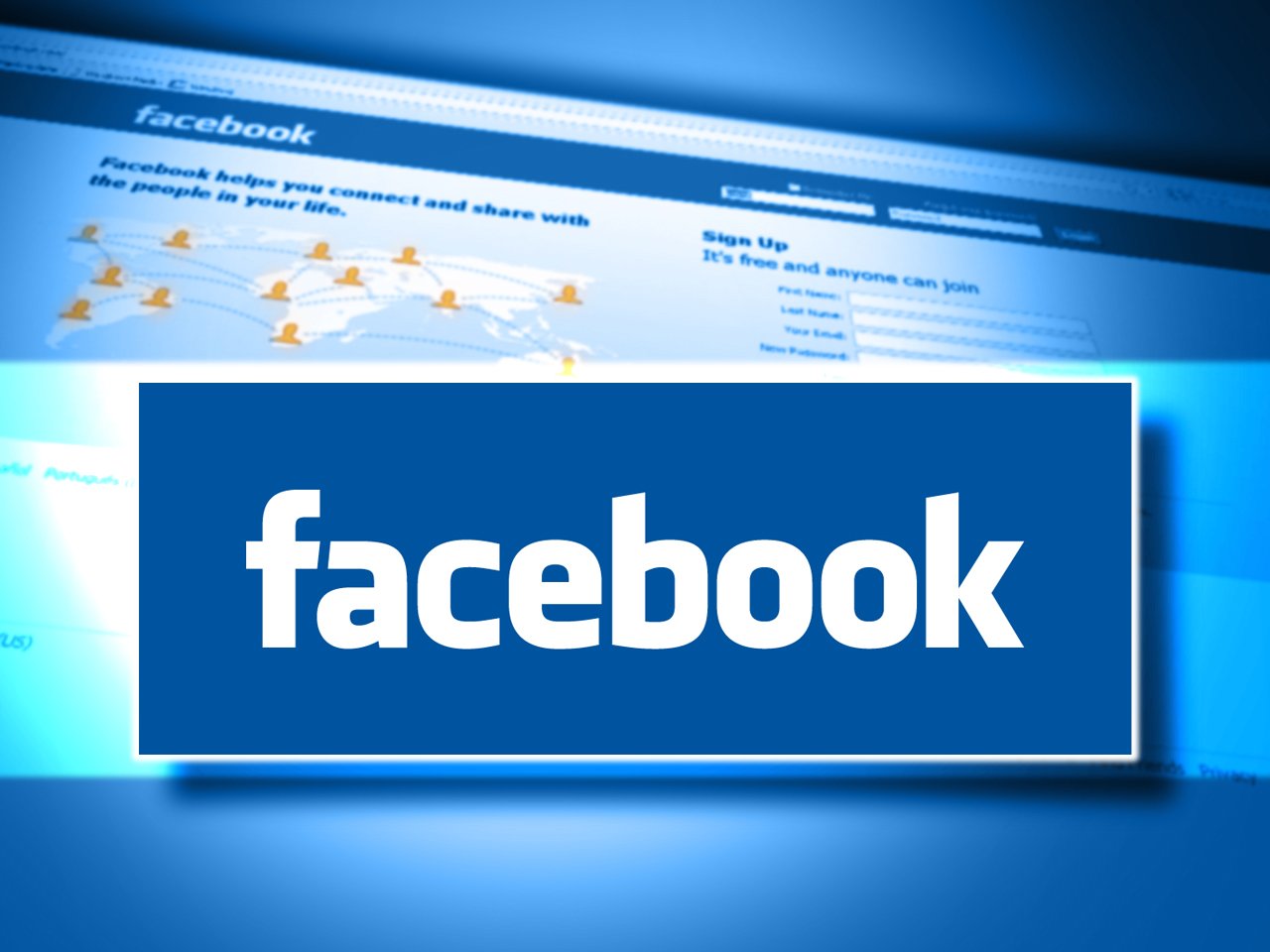
According to a report released on Thursday, Facebook will not pay any tax for 2012 despite making $1.1 billion in pre-tax profits from U.S. operations.
But Mark Zuckerberg’s company will also get a multimillion dollar tax refund of around $429 million according to Citizens for Tax Justice (CTJ).
The refunds reportedly come from tax deductions on executive stock options and share awards.
Facebook released its first annual report as a public company on January 30 after floating in May 2012.
CTJ describe the fact that the company “did not pay even a dime in federal and state income taxes” as an “amazing admission”.
As reported by Businessweek, Facebook says it had a $559 million federal tax liability in 2012.
But their refunds on the tax deductibility of stock options reduced the companies federal and state income taxes by $1.03 billion for the year, including refunds of earlier years’ taxes of $451 million.
After a small portion is applied to state taxes, this benefit turns Facebook’s liability into a refund.
Yet according to CTJ, Facebook have further stock-option tax breaks that the company generated from its initial public offering of stock (IPO).

Facebook is hoping to reduce future tax liability by carrying forward another $2.17 billion in additional tax-option tax breaks for use in the years ahead.
As CTJ point out, this means “Facebook’s current and future tax reductions from the stock options exercised in connection with its IPO will total $3.2 billion”.
Facebook spokeswoman Ashley Zandy declined to discuss the tax break with Businessweek and instead referred to a transcript of Facebook executives’ conference call with analysts.
In this call, Chief Financial Officer David Ebersman mentioned the accumulated tax benefits before noting that Facebook ended the fiscal year with nearly $10 billion in cash and investments.
David Ebersman claimed this gave the company ‘great flexibility and risk protection.’
Facebook delivered fourth-quarter results above Wall Street’s expectations on January 30 and sought to show that it has finally transformed into a ‘mobile company’ after rising to dominance as a Web-based social network.
But its stock dropped in after-hours trading as investors placed more significance on the company’s growing expenses rather than on its increasing user base and higher advertising revenue.
“Everything was slightly better than expected,” said Wedbush Securities analyst Michael Pachter.
“I don’t see anything here that would make me want to sell the stock.”
Nonetheless, Facebook’s stock fell $1.11, or 3.6%, to $30.13 in after-hours trading following the earnings report.
Facebook Inc. grew its revenue and increased the percentage of it that comes from mobile advertising – a closely watched figure. But expenses also grew sharply.
The company also said 2013 will be a year of “significant investments” and hiring as it focuses on long-term growth rather than short-term profits.
Facebook earned $64 million, or 3 cents per share, in the October-December period. That’s down 79% from $302 million, or 14 cents per share, a year earlier when it was still a privately held company.
Revenue rose 40% to $1.59 billion from $1.13 billion, surpassing analysts’ expectations of $1.51 billion.
Advertising revenue grew 41% to $1.33 billion, increasing at a faster clip than in the third quarter, when it climbed 36% to $1.09 billion.